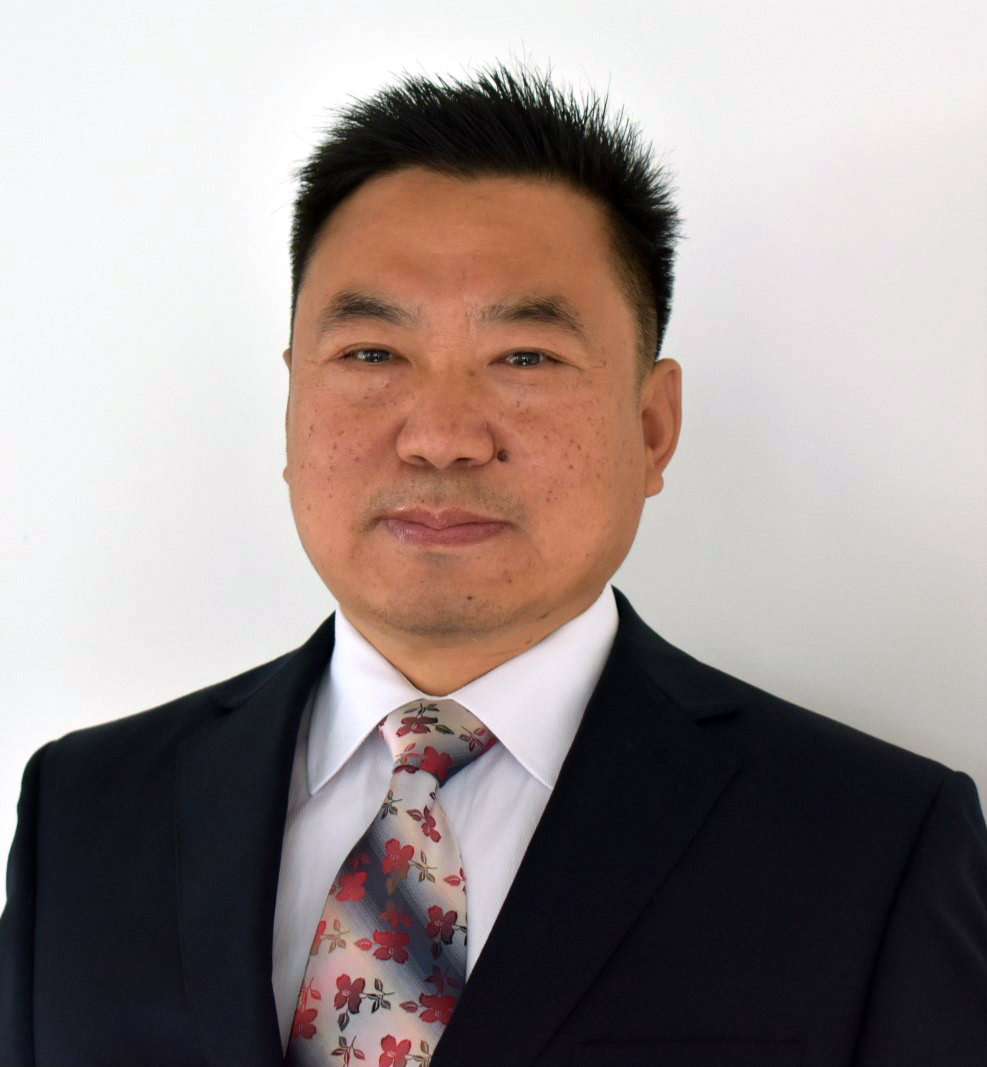Troubles Are Not Accidents — They Are Arranged Les
Troubles Are Not Accidents — They Are Arranged Lessons
Peter Lee
Not long ago, a friend came to me in distress. A minor dispute with her neighbor had escalated into police involvement, and she was considering legal action. Her tone was heavy with frustration. Though I am no lawyer and knew little of the details, I sensed her deeper question was not about law, but about life.
In listening to her, I was reminded of something I’ve learned over time:
Most of our troubles are not random misfortunes — they are carefully arranged encounters. More precisely, they are assignments of growth, designed to refine our understanding, patience, and resilience.
When we are timid, life places us before conflict to strengthen our courage.
When we feel helpless, it pushes us into situations where independence becomes inevitable.
When our hearts grow narrow, we are guided into lessons of tolerance and empathy.
It is as if an invisible “Curriculum of Life” exists — tailoring challenges precisely to the lessons we most need to learn. Each difficulty is a customized test of character.
People often compare life to a school — and perhaps rightly so. A student cannot advance without passing the exam. Likewise, life does not promote us until we’ve absorbed the wisdom hidden within our trials. Its tests come in levels: beginner, intermediate, advanced. Passing one unlocks the next. Avoiding one guarantees repetition.
Yet there is a profound difference between life and school.
In school, graduation means the end of testing.
In life, as long as we are breathing, the tests never truly stop.
We either grow beyond our difficulties, or we remain confined within them. The popular phrase “peaceful times” describes not a permanent state, but an intermission — a pause between lessons.
Once, I tried to escape the cycle. I stayed home for a week, doing nothing, thinking that stillness might protect me from frustration. It didn’t. Even in silence, unease found me. I began to realize: troubles do not come from outside — they arise from within. They are not interruptions to life; they are life, shaping us through resistance.
Take my friend’s neighborhood conflict. Most such disputes are small misunderstandings inflated by pride or impatience. When our hearts are tight, small frictions ignite large fires. But when we widen our perspective — add a measure of empathy, a moment of patience — tension softens, and peace often returns on its own.
True resolution rarely comes from the courtroom. It begins within the heart. A shift in mindset can transform the whole dynamic. Sometimes reconciliation is not a conversation but a gesture: clearing a neighbor’s snow in winter, or lending a hand with their yard in summer. These simple acts melt barriers faster than any argument can.
Conflicts, in truth, are mirrors. They reflect the lessons we have yet to learn. If we continue responding with resistance or blame, the same test will return — again and again — until we finally pass it.
Understanding this changes everything. We begin to see that troubles are not “external accidents,” but “internal assignments.” They are life’s deliberate arrangements for our evolution. When we meet them not with fear but with curiosity — not with resentment but with awareness — we transcend them.
Trouble, then, is not an enemy but a teacher — patient, persistent, and profoundly personal. Each time we learn its lesson, the horizon widens. Our hearts grow larger. And life, in return, opens its next, brighter chapter.
